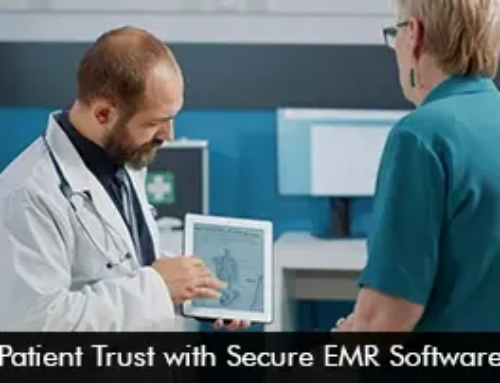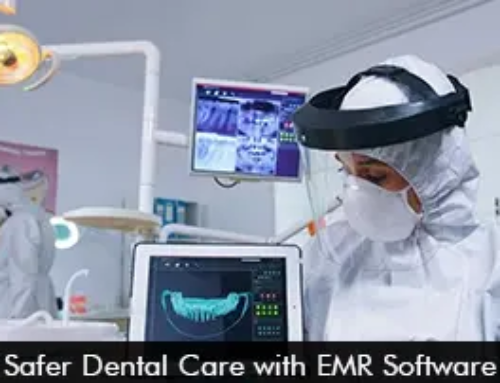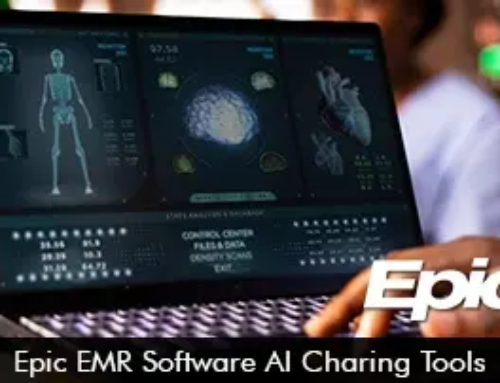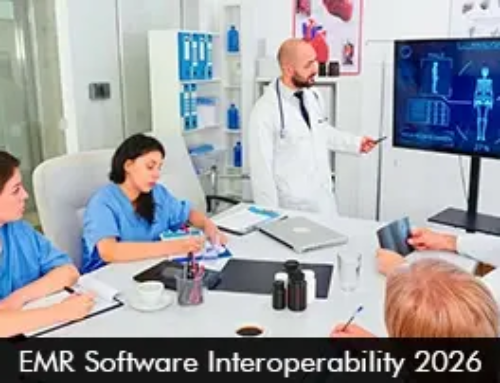The use of EMR software technology has significantly transformed the healthcare industry. The automation through the powerful software streamlines daily administrative, financial, and clinical tasks and also helps clinicians offer high-quality patient care.
Improved care through EMR Systems
Electronic Medical Records (EMR) Software provides meaningful patient data which helps to positively contribute to health outcome levels. According to a HealthIT.gov report, 75% of healthcare providers feel that the EHR software helps them to deliver better patient care.
EHR software offers insights into patients’ medical history and provides powerful features that equip physicians to better treat patients. These capabilities include,
- E-prescribing (e-Rx)
- Charting and Documentation Management
- Lab Integration
- Report Generation
- Alerts and reminder
- Patient Portal
- Data Analytics
- Health Management Tools
4 ways in which electronic medical records software can improve patient care
EHR systems have been widely adopted by hospitals, health systems, and healthcare organizations as they facilitate workflows and contribute to positive health outcomes.
- Improves patient safety – The effective use of EMR alerts can streamline care transitions and enhance patient safety. Hospitals have leveraged the alerts feature of the software to reduce unnecessary testing and procedures and even cut down hospital spending. Electronic health record alerts can also offer patients useful reminders about test screening, care delivery, and guideline recommendations, which can enhance the quality of care and boost health outcomes.
- Focuses on preventive care – Through the EHR system healthcare providers can identify patients that have not received crucial screening examinations. This helps clinicians better manage preventable diseases. The software can be used to send automated templates that can encourage patients to schedule appointments for medical exams such as colonoscopies, and mammograms. This can detect any early signs of breast, colon, and kidney disease so timely treatment can be offered to save the patient’s life.
- Providers can make informed care decisions – The EMR software allows healthcare providers to view all patient data on a single, integrated platform. This enables clinicians to make informed decisions as they can consider every aspect of a patient’s health. Having consolidated patient data provides a bigger picture to aid the clinical decision-making process while streamlining workflows.
- Enhance care coordination – Leveraging an EHR solution along the continuum of care can support care coordination through interoperability options. EMR systems can increase care coordination to decrease care fragmentation.
The evolving technology of Electronic Health Records (EHR) Software is providing physicians with more opportunities to improve the patient care process. Deploying software solutions can help reduce manual errors, support improved outcomes, and enhance overall patient safety.
Today, EMR applications are key to securely transferring information across healthcare networks. When the software is implemented and managed effectively caregivers can deliver the best possible treatment at the point of care.








